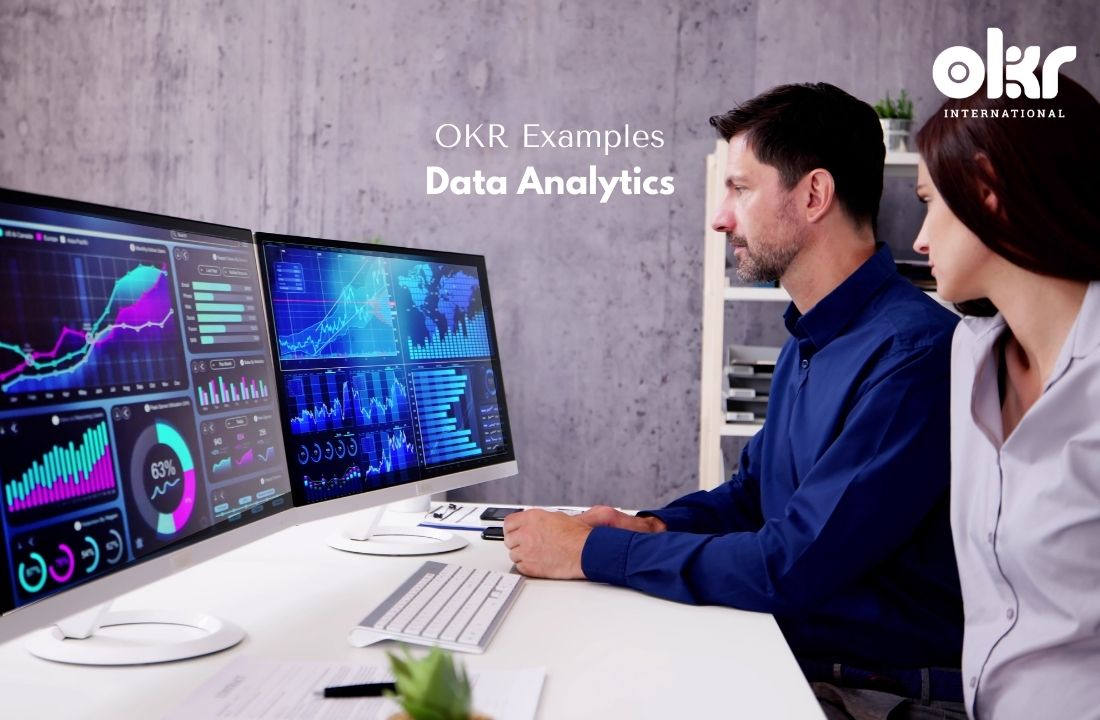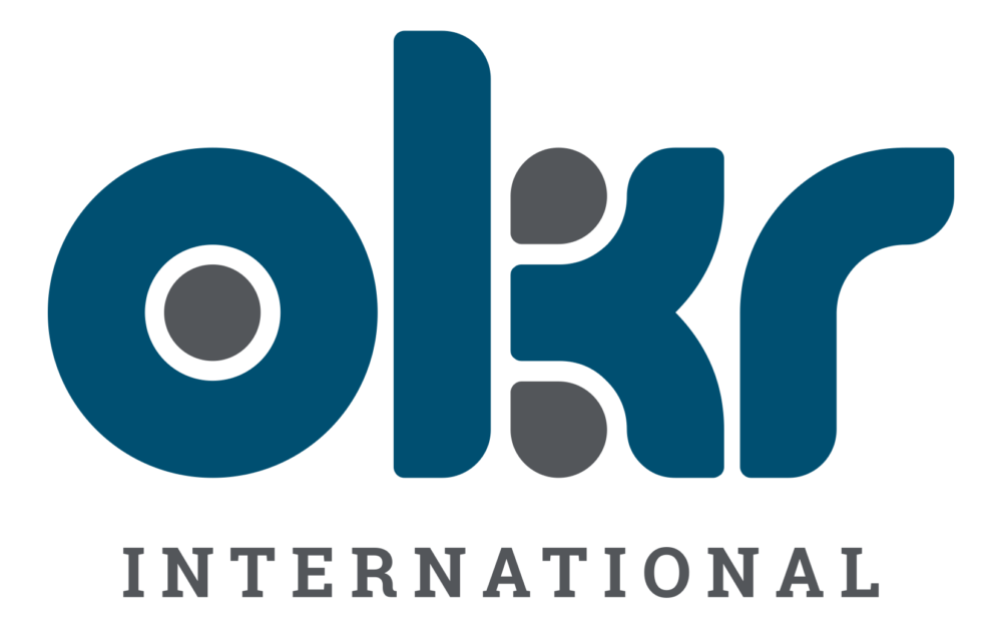10 Practical OKR Examples in Data Analytics
Data analytics plays a pivotal role in deriving insights, making data-driven decisions, and unlocking the value of information. Objectives and Key Results (OKRs) can be instrumental in driving performance and success in data analytics. Here, we present ten practical OKR examples in data analytics, offering valuable insights for organizations aiming to excel in this function and leverage the power of data.
1. Improving Data Quality
Objective: Enhance the accuracy and reliability of data for analytics purposes.
Key Results:
- Reduce data entry errors by 20% through process improvements and automation.
- Achieve a data completeness rate of 95% for critical datasets within the next quarter.
- Increase the average data accuracy rating from stakeholders by 15% within the next six months.
2. Enhancing Data Visualization
Objective: Create compelling and insightful visual representations of data.
Key Results:
- Implement a data visualization tool and train 100% of the analytics team on its usage within the next quarter.
- Develop interactive dashboards for key stakeholders and achieve a 90% satisfaction rate within the next six months.
- Increase the adoption of data-driven visualizations by 25% across the organization within the next year.
3. Driving Data-Driven Decision Making
Objective: Promote a culture of data-driven decision-making within the organization.
Key Results:
- Conduct data literacy training for 80% of employees to improve their understanding of data and analytics.
- Increase the usage of data in decision-making by 30% across departments within the next six months.
- Achieve a 20% decrease in decision-making based on gut instinct without supporting data.
4. Enhancing Data Governance
Objective: Establish processes and guidelines to ensure data integrity, privacy, and compliance.
Key Results:
- Implement a data governance framework and achieve 100% compliance with data protection regulations within the next year.
- Conduct regular data audits to identify and mitigate data quality and security risks, achieving a 95% audit score.
- Establish data access controls and achieve a 90% user adherence rate within the next six months.
5. Improving Data Analytics Capabilities
Objective: Enhance the skills and capabilities of the data analytics team.
Key Results:
- Provide advanced analytics training to 100% of the team within the next year.
- Implement data analytics certifications and achieve at least 1 certification per team member within the next quarter.
- Increase the team’s productivity by 15% through the adoption of efficient data analytics tools and workflows.
6. Optimizing Data Storage and Infrastructure
Objective: Improve data storage, processing, and infrastructure capabilities.
Key Results:
- Implement 1 scalable data storage solution that supports increasing data volumes within the next six months.
- Achieve a 20% reduction in data processing time by optimizing data pipelines and infrastructure.
- Implement data archiving and retention policies, achieving a 90% compliance rate within the next quarter.
7. Enhancing Predictive Analytics
Objective: Develop and deploy predictive models to drive proactive decision-making.
Key Results:
- Identify and implement 2 predictive analytics use cases in 3 key business areas within the next year.
- Achieve a 90% accuracy rate in predicting customer behavior using predictive models within the next quarter.
- Increase the adoption of predictive insights in decision-making by 30% across departments within the next six months.
8. Driving Data Collaboration and Sharing
Objective: Foster cross-functional collaboration and knowledge sharing around data.
Key Results:
- Establish 1 data collaboration platform to facilitate data sharing and achieve a 80% participation rate within the next quarter.
- Conduct regular data insights sharing sessions or workshops across departments, achieving a 90% attendance rate.
- Develop a data-driven culture by recognizing and rewarding 3 collaborative data initiatives within the organization.
9. Enhancing Data Security and Privacy
Objective: Strengthen data security measures and protect sensitive information.
Key Results:
- Implement 90% data encryption mechanisms for sensitive data at rest and in transit within the next six months.
- Conduct regular data security assessments and achieve a 95% compliance score.
- Establish 5 data anonymization processes to ensure compliance with privacy regulations.
10. Measuring Data Analytics ROI
Objective: Evaluate the return on investment (ROI) of data analytics initiatives.
Key Results:
- Define 3 key performance indicators (KPIs) to measure the impact of data analytics on business outcomes within the next quarter.
- Achieve a positive ROI for 4 major data analytics projects within the next year.
- Conduct 5 data analytics effectiveness assessments and identify opportunities for improvement.
By adopting these OKR examples in data analytics, organizations can enhance data quality, drive data-driven decision-making, improve analytics capabilities, and strengthen data governance. These strategic objectives and key results serve as guiding principles for organizations seeking to excel in their data analytics efforts and leverage data as a valuable asset for growth and innovation.

When looking to set OKRs, it’s natural to want examples to ignite the thought process or simply compare yours to OKR Examples. Check out our compendium of OKR Examples here.
Explore Our Range of Services
Bring OKRs (Objectives and Key Results) to your organisation with our tried & tested OKR Framework.


OKR International’s highly acclaimed Certified OKR Practitioner Program is the first and only OKR accreditation endorsed by ICF & HRCI for continuing education units.
OKR International helps leaders create the alignment, engagement and result orientation needed for growth by offering OKR Advisory services.




